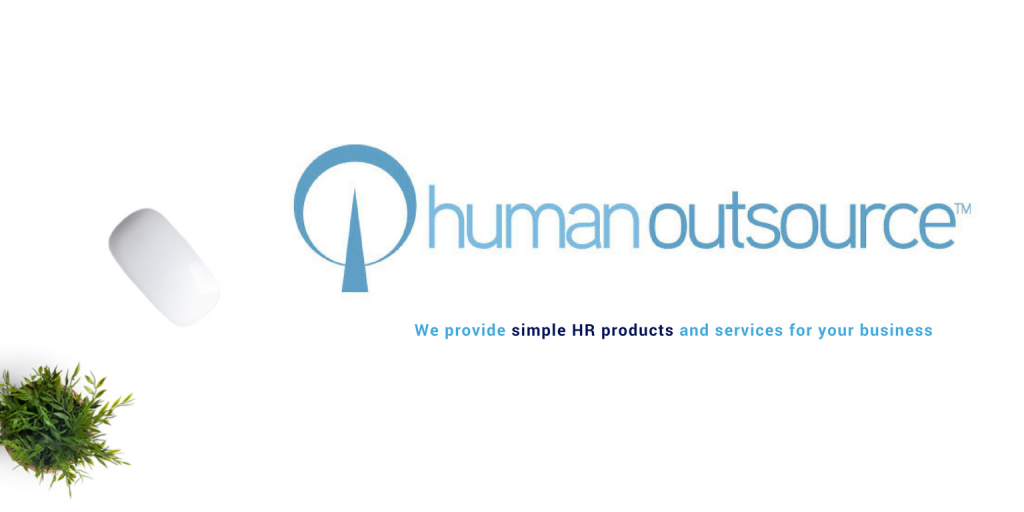
Welcome to our new case alert. Each month we will bring you a summary of a case we think may be relevant to you. This month’s case alert will provide guidance to you on issues you may face in the workplace, particularly around redundancy.
Court finds worker’s complaint unrelated to redundancy
A Gorgon LNG project worker has lost his adverse action bid after a court found his complaints about offensive and racist conduct played no part in a decision to make him redundant.
The sheet-metal worker, who was among 116 Hertel Modern Pty Ltd employees listed for redundancy on central Queensland’s Barrow Island, in the middle of last year, alleged the painting insulation and fireproofing contractor dismissed him because he complained about a colleague and his supervisor.
The metal worker told the Federal Circuit Court that after telling a supervisor in June last year that a colleague made racist and demeaning comments to him, he later overheard the supervisor telling his colleague words to the effect that he did not “give a shit about his complaint”.
Following a confrontation, after which his colleague posted a derogatory statement directed to him on Facebook, the metal worker spoke to two construction managers and was told the employer would move the colleague to a different workshop.
Within a week of the metal worker lodging a formal complaint with Hertel’s HR manager in early July, the company made him redundant.
The metal worker alleged Hertel dismissed him in breach of s340 of the Fair Work Act, because he exercised a right under the company’s enterprise agreement in complaining about workplace bullying and harassment.
However, a Hertel superintendent gave evidence that he personally put the metal worker on a redundancy short list after learning that due to a medical condition involving vertigo he could not go on site and work on high scaffolding.
The metal worker had refused a request by the superintendent to go out on site in June last year due to his medical condition, which the superintendent accepted after confirming he had lodged a medical certificate.
The HR manager said when he became aware the metal worker was on the short list, although he did not know why his name was on it, he was concerned it “would look unfair; as though Hertel was punishing” him because the colleague at the centre of his complaints was not on it too.
On the HR manager’s advice, the colleague was also added to the list and subsequently made redundant, along with the metal worker.
Federal Circuit Court Judge Justin Smith found the complaint “played no part in any action taken” by the HR manager to leave the metal worker’s name on the redundancies list.
He accepted the HR manager’s evidence that it was “usual practice” to leave it to managers and superintendents to decide who to short-list for redundancy, and that they did not provide their reasons to him.
Given the frequency of mass redundancies, the fact the HR manager had responsibility for many employees and had worked for the AMWU for eight years, Judge Smith said it was also “unlikely” that he would have made someone redundant to simply get rid of a complaint.
Noting the HR manager had “already dealt with the complaint quickly and efficiently” by speaking to the metal worker and the colleague on the same day he received it, and was awaiting further information, the judge said this was “not the action of someone who readily shirks responsibilities or takes an easy, but unlawful solution”.
Of the superintendent’s decision to earmark the metal worker for redundancy, Judge Smith said his response was consistent with his “duty of care to other workers and [the metal worker] himself on the site” and it was unlikely the “carry on” between the two workers played a role in it.
He said the context of the redundancies also bolstered the conclusion, as the workshop tasks covered by Hertel’s contract were winding up towards the end of the construction phase, while sheet metal workers were employed “to do the whole of that job, not just one part, such as the workshop component”.
Hull & Anor v Hertel Modern Pty Ltd [2017] FCCA 2579 (2 November 2017)
Sourced from: https://www.workplaceexpress.com.au
If you have any questions regarding redundancy or any other workplace issues, please contact us. We are here to help!

